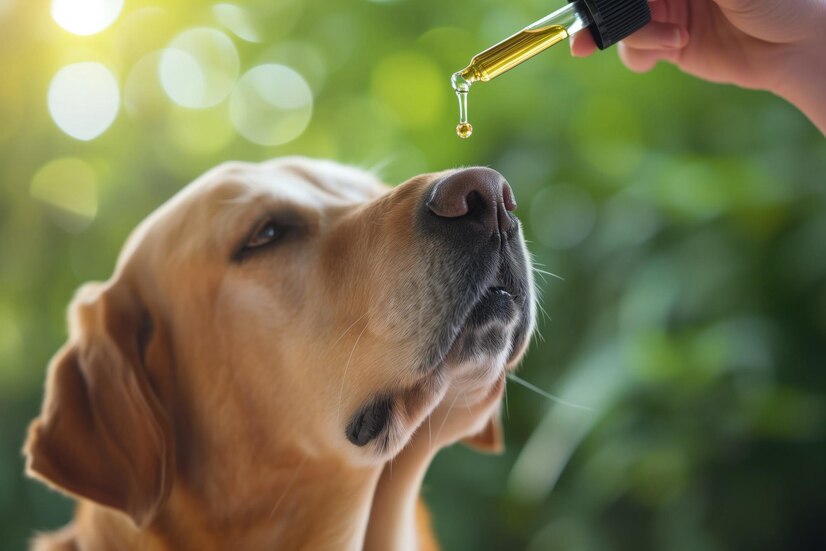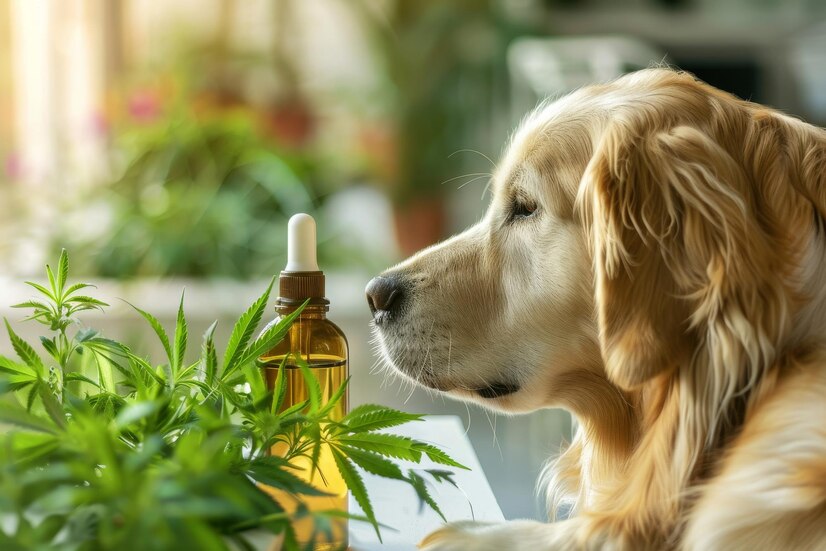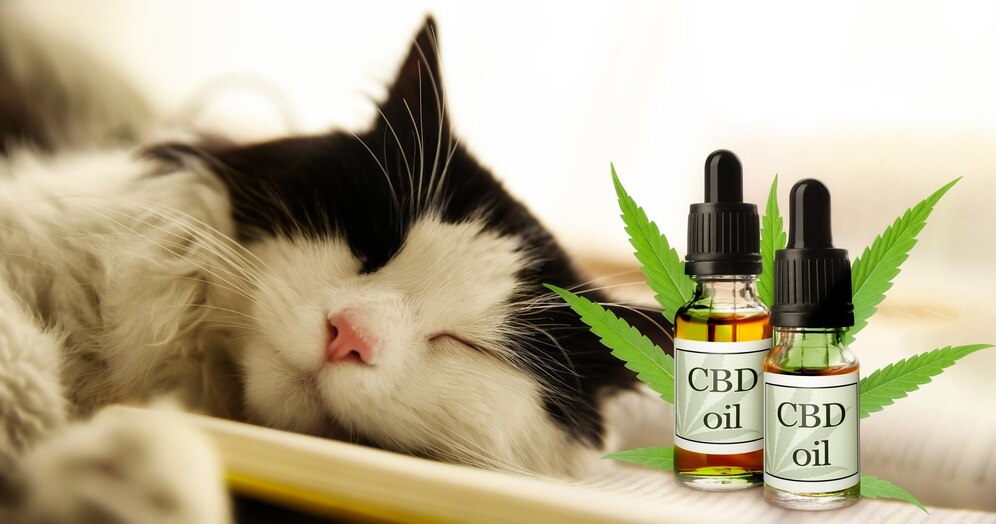Table of contents
In recent years, there’s been a surge in interest around CBD for Pets, as more pet owners seek natural alternatives to conventional veterinary treatments. Whether it’s for anxiety, pain management, inflammation, or seizures, many are asking: how does CBD compare to traditional medications prescribed by vets?
In this post, we’ll dive into the differences, benefits, potential risks, and what you should know before choosing CBD for Pets over standard veterinary medicines.
What Is CBD for Pets?

CBD, or cannabidiol, is a naturally occurring compound extracted from the hemp plant. It’s non-psychoactive, meaning it doesn’t cause a “high.” In pets, CBD is often used to support:
- Anxiety relief
- Pain and inflammation reduction
- Seizure management
- Appetite stimulation
- Overall wellness and immune support
CBD products for pets come in various forms, including oils, treats, capsules, and topicals. They are specifically formulated to ensure pet-safe dosages and ingredients.
Traditional Veterinary Medications: What They Offer

Veterinarians commonly prescribe medications to treat specific illnesses or symptoms in pets, such as:
- Pain relief (NSAIDs like Rimadyl)
- Seizure control (Phenobarbital)
- Anxiety management (Fluoxetine or Clomipramine)
- Anti-inflammatory treatments (Steroids)
While traditional medications are rigorously tested and regulated, they may come with a risk of side effects like liver damage, gastrointestinal upset, sedation, or dependency.
Comparing CBD for Pets and Traditional Medications
Here’s a side-by-side look at the main differences between CBD for Pets and traditional veterinary medications:
| Feature | CBD for Pets | Traditional Veterinary Medications |
|---|---|---|
| Source | Natural plant extract | Synthetic pharmaceutical compounds |
| Regulation | Varies by country and product | Heavily regulated, FDA-approved |
| Side Effects | Typically mild (drowsiness, dry mouth) | Can include serious organ damage, vomiting, lethargy |
| Usage | Often supports overall wellness; not a cure | Targets specific conditions and symptoms |
| Long-Term Use | Generally considered safer for long-term use with proper vet supervision | Long-term use may lead to organ damage or dependency |
| Accessibility | Widely available online and in pet stores | Requires vet prescription for most conditions |
Potential Benefits of Using CBD for Pets
- Natural Relief: A plant-based solution that may reduce reliance on chemical medications.
- Fewer Side Effects: Most pets tolerate CBD well with minimal adverse reactions.
- Multi-Symptom Management: CBD can address anxiety, pain, inflammation, and seizures simultaneously.
- Holistic Health Support: Some pet owners use CBD to enhance their pets’ overall quality of life.
Things to Consider Before Choosing CBD
- Consult Your Veterinarian: Always discuss CBD use with a qualified vet, especially if your pet is on other medications.
- Quality Matters: Look for third-party tested products free from pesticides, heavy metals, and harmful additives.
- Correct Dosage: Start low and adjust slowly based on your pet’s response.
- Legal Status: Ensure the product complies with local regulations concerning animal CBD products.
FAQs About CBD for Pets
It’s best to use CBD products formulated specifically for pets, as human versions may contain unsafe ingredients like xylitol or high THC levels.
Effects can be seen within 30 minutes to an hour, but consistent daily use over several weeks often yields the best results.
While CBD is generally safe for dogs and cats, species-specific consultation is crucial. Some animals may react differently.
Never stop or replace prescribed medication without veterinary approval. CBD can sometimes complement existing treatments under professional supervision.
CBD oils and tinctures offer the most flexible dosing, but treats and capsules can be more convenient for daily use.
Final Thoughts
Choosing between CBD for Pets and traditional veterinary medications isn’t always an either/or decision. Many pet owners successfully combine both to optimize their animal’s health and happiness. While traditional medications offer scientifically validated treatments for serious conditions, CBD provides a promising, natural option with a generally lower risk of side effects.
The most important step is consulting your veterinarian to craft the safest and most effective plan for your pet’s unique needs. Whether it’s for anxiety, pain, or general wellness, CBD could be a valuable addition to your pet care toolkit.





